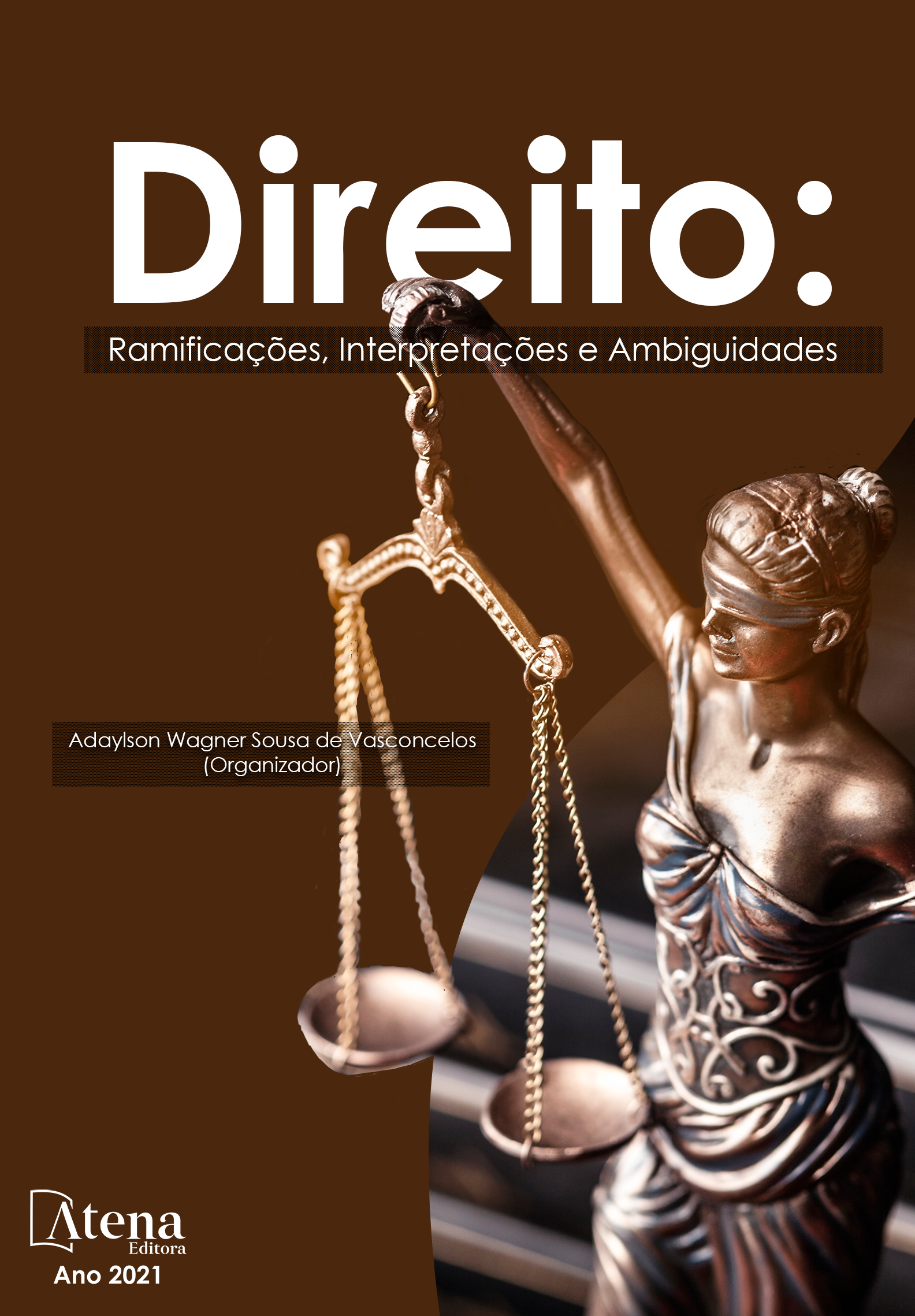
A IMPORTANCIA DA DECISÃO DE OFÍCIO PELO JUIZ NOS CONTRATOS CONSUMERISTAS BANCÁRIOS: UMA CRÍTICA À SÚMULA 381 DO STJ
O estudo visa uma análise doutrinaria e jurisprudência quanto a atuação de ofício pelo juiz no julgamento de processos entre consumidores hipervulneráveis contra fornecedores bancários, tendo como objeto da ação, cláusulas contratuais abusivas. A Lei 8078/90,inovou e polemizou a aplicação dos contratos bancários, eis que traz princípios diversos do costumeiramente era utilizado no mundo jurídico. Quebra paradigmas pois iguala os desiguais; dando suporte ao consumidor, considerado a parte frágil da relação. Norma de ordem pública e de interesse social, como estabelece seu primeiro dispositivo, o que autoriza ao julgador o dever de agir de ofício em favor do bom direito. Deve ser aplicada quando necessária em favor do bom direito, que invariavelmente é do vulnerável. A doutrina é pacífica quanto a atuação de ofício do juiz; porém a jurisprudência, que vinha seguindo esse mesmo pensar, mudou de ideia quando o STJ julgou o REsp 541.153/RS, 2ª seção e o REsp 1061530/RS, editando a Súmula n.º 381. O objetivo específico, é examinar os impactos econômicos gerados na sociedade, seguindo um método dedutivo para ao final concluindo-se pela necessidade de revogação da Súmula 381 do STJ.
A IMPORTANCIA DA DECISÃO DE OFÍCIO PELO JUIZ NOS CONTRATOS CONSUMERISTAS BANCÁRIOS: UMA CRÍTICA À SÚMULA 381 DO STJ
-
DOI: 10.22533/at.ed.88521100324
-
Palavras-chave: Cláusula bancária abusiva; Súmula 381 do STJ; Decisão de Ofício.
-
Keywords: Abusive banking clause; Precedent 381 of the STJ; Official Decision.
-
Abstract:
The study aims at a doctrinal analysis and jurisprudence regarding the role of the judge in the judgment of cases between hyper vulnerable consumers against bank suppliers, having as object of the action, unfair contractual clauses. Law 8078/90, innovated and polemicized the application of bank contracts since it brings principles different from what was usually used in the legal world. It breaks paradigms because it equals unequal ones; giving support to the consumer, considered the fragile part of the relationship. Public order and social interest norm, as established in its first provision, which authorizes the judge to the duty to act ex officio in favor of good law. It must be applied when necessary in favor of the good right, which invariably belongs to the vulnerable. The doctrine is peaceful in terms of the judge's official role; however, the jurisprudence, which had been following this same thinking, changed its mind when the STJ judged REsp 541.153 / RS, 2nd section and REsp 1061530 / RS, editing Precedent No. 381. The specific objective is to examine the economic impacts generated in the company, following a deductive method to conclude the need for revocation of Precedent 381 of the STJ.
-
Número de páginas: 21
- MARIA LUCIA FALCAO NASCIMENTO


